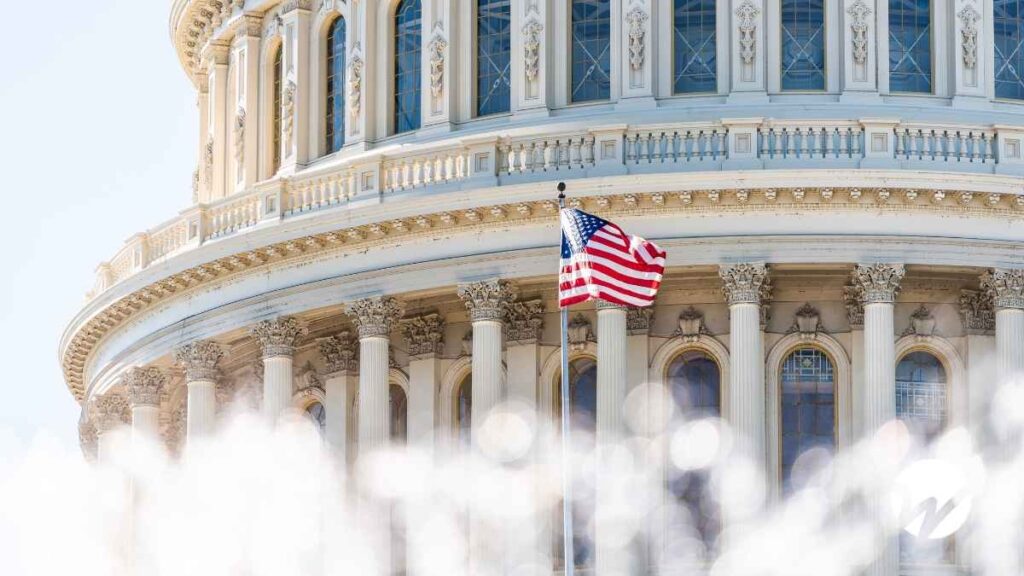OBBBA is now law. What are the main tax changes that will impact business owners?
The One Big Beautiful Bill Act (OBBBA), signed into law on July 4, 2025, introduces sweeping tax changes that significantly impact closely held and pass-through businesses. Besides making the current individual tax rates permanent, the Bill also added several impactful provisions facing business owners:
The 20% Pass-Through Deduction Is Here to Stay
The Section 199A qualified business income (QBI) deduction, which allows certain business owners to deduct up to 20% of their qualified business income, is now permanent. The income thresholds for phase-out have increased, and a new $400 minimum deduction is available for businesses earning at least $1,000 in pass-through income.
SALT Cap Relief and Continued PTET Flexibility
The original House and Senate bills had different approaches to the SALT cap and its innerworkings with the pass-through entity tax election that serves as a work around to the SALT cap. In its final form, the state and local tax (SALT) deduction cap increases to $40,000 through 2029 before reverting back to $10,000 in 2030.
High-income earners may see a reduced cap, but it won’t dip below $10,000. Importantly, the bill keeps the popular pass-through entity tax (PTET) workaround intact, allowing businesses to sidestep SALT caps by paying taxes at the entity level.
- Wisconsin manufacturers take note: Although the SALT cap expansion includes entity-level tax deductions, many Wisconsin-based manufacturers opt out of the pass-through entity tax election to preserve eligibility for the state’s manufacturing credit. This tension remains unchanged.
100% Bonus Depreciation Is Back and Permanent
Businesses can now fully deduct the cost of qualified property in the year it’s placed in service, thanks to the reinstatement of 100% bonus depreciation for property acquired and placed in service after January 19, 2025. This supports upfront investment in machinery, technology, and more.
Increased Section 179 Expensing Limits
Section 179 expensing thresholds have been increased to $2.5 million (from $1 million), with a $4 million phase-out limit. This applies to property placed in service in tax years beginning after 12/31/2024. These changes provide small and mid-sized businesses greater flexibility to write off capital purchases immediately.
Special Rules for Qualified Production Property
Nonresidential real estate used in manufacturing or production can qualify for 100% immediate expensing if construction begins after January 19, 2025, and the property is placed in service by the end of 2030.
Domestic R&D Deductions Restored
Section 174 domestic research expenses are now deductible as incurred once again. Foreign research under Section 174 will still have to be capitalized and amortized over 15 years.
This is considered a change in accounting method, and we will need to wait for guidance on this change. There are relief options for the amounts capitalized since 2022, and we will provide further information on this topic soon.
More Favorable Business Interest Expense Deductions
The bill restores the EBITDA-based formula under Section 163(j), meaning businesses can now deduct more interest by adding back depreciation and amortization. This change is especially helpful for capital-intensive industries.
The Excess Business Loss Limitation Is Permanent
The Section 461(l) limit on business losses is now a permanent part of the tax code. Any disallowed losses can still be carried forward and treated as net operating losses.
Expanded Opportunities for Small Business Stock Gains
Section 1202 qualified small business stock (QSBS) gets a boost: the asset threshold rises to $75 million, and the gain exclusion cap increases to $15 million. A new tiered system rewards longer holding periods with greater exclusions, up to 100% after five years.
Opportunity Zones Made Permanent
The popular Opportunity Zone (OZ) incentive is now permanent, with a rolling 10-year designation period. The revised program targets underserved and rural communities and imposes tighter eligibility and transparency standards.
Enhanced Employer Childcare Credit
Employers can now claim a larger credit, up to 40% of qualified childcare facility expenses (50% for small businesses). The maximum allowable credit rises to $500,000, or $600,000 for smaller businesses.
Paid Leave Credits Now Permanent
The Paid Family and Medical Leave Credit is now permanent.
Changes to International Tax Provisions
The GILTI and FDII regimes have been renamed and slightly adjusted. GILTI (now “net CFC tested income”) will have a 40% deduction, while FDII (now “foreign-derived deduction eligible income”) is reduced to 33.34%. Additionally, the QBAI factor has been eliminated from both calculations.
What’s Next? Proactive Planning Is Key
The OBBBA delivers long-awaited clarity and opportunities for closely held businesses, but taking advantage of these changes won’t happen automatically. Now is the time to revisit your tax strategy, from entity structure and depreciation planning to SALT workaround usage and R&D deductions.
The Wegner CPAs Tax and Business Advisors are here to help you navigate the complexities and make the most of what this legislation offers. Get in touch today to assess how the new law affects your business, and stay tuned for continued updates and guidance as implementation unfolds.


